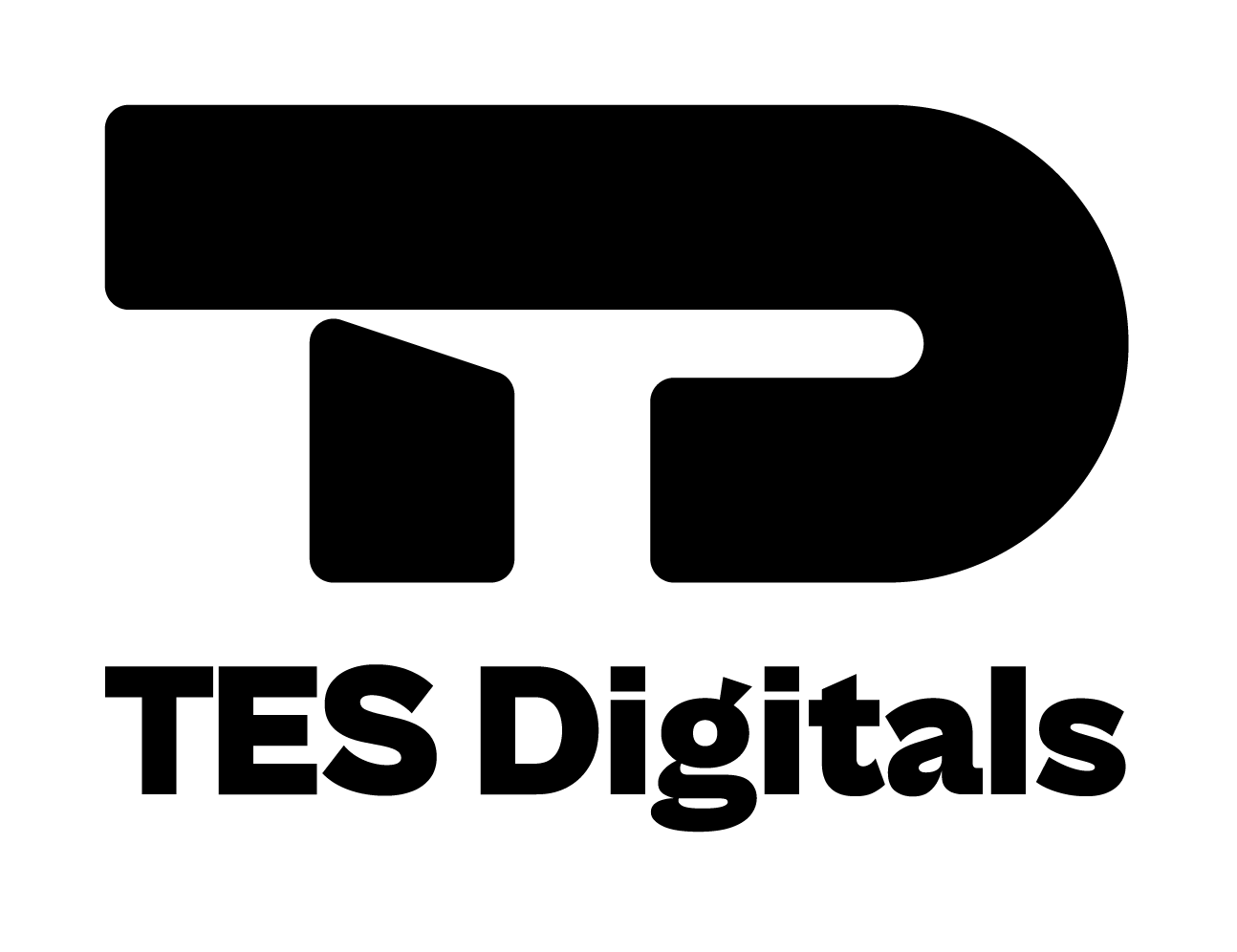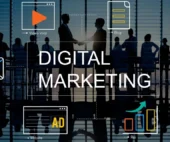Launching a startup comes with no shortage of decisions, risks, and resource constraints. And in the early days, it’s easy to lean heavily on what’s free and fast, social media platforms like Instagram, LinkedIn, or X (formerly Twitter). They’re easy to set up, they help you reach your audience, and they feel like enough in the beginning.
But here’s the truth that too many startups learn too late: social media alone is not a long-term digital strategy. A website isn’t just a digital add-on. It’s the online home of your business, and if you’re building a business meant to last, you need more than a rented space on someone else’s platform.
In this post, we’ll break down why startups can’t afford to ignore having a website and how it can become your most powerful tool for credibility, growth, and control.
1. Social Media Is Rented Space — A Website Is Owned Land

Let’s start here: when you build your online presence only on social media, you’re playing on someone else’s field. The algorithm changes. Your reach drops overnight. You wake up one day to find your account flagged or even removed. You don’t own your followers, and you definitely don’t own the platform.
Your website, on the other hand, is your space. You control the design, the messaging, the experience, and the data. It doesn’t disappear if a platform goes down. It’s not subject to sudden rules or trends. It’s the one piece of your digital identity you fully own, and that makes it foundational.
2. People Take You More Seriously When You Have a Website

Think about it: if you hear about a new brand or service, what’s the first thing you do? You Google them. And what happens when nothing shows up besides a few social media pages?
It doesn’t matter how great your product is, if potential customers, investors, or partners can’t find a website, it raises questions. Are they legit? Are they serious? Are they still active?
A professional, well-structured website signals that your business is real. It shows that you’ve invested in building something long-term. It gives people confidence. For startups, especially those asking for trust, attention, or funding, that’s everything.
3. Your Website Is Your Best Salesperson

While social media is good at grabbing attention, it’s not designed to walk people through a full buying journey. It’s chaotic, fast-paced, and easily distracts your audience.
Your website, on the other hand, lets you tell your story. You can guide visitors from curiosity to conversion, all in one place.
From product pages and case studies to testimonials and FAQs, your website helps people make informed decisions. It builds trust, answers questions, and sells, even while you sleep.
Think of it this way: if someone is ready to buy but can’t find a place to do it, you’ve lost a customer. Your website makes sure that doesn’t happen.
4. It Makes You Discoverable Beyond Social Media

Organic search is still one of the biggest drivers of web traffic. And if your startup doesn’t have a website, you’re missing out entirely. A well-optimized website gives you the chance to show up on Google when someone searches for the problem you solve.
Let’s say you run a wellness brand focused on plant-based skincare.
A social post might get a few likes, but a blog post on “How to Choose the Right Skincare for Sensitive Skin” can live on Google forever, bringing in people who are already looking for what you offer.
It’s not just about being online. It’s about being found by the right people, exactly when they need you.
Get all digital marketing services, done for you under a single plan.
We marketed The Diverse Business Summit, London and have helped grow several startups across 15+ countries. We can also market your business.
5. You Own the Experience (And the Data)

One major drawback of relying on social media is that you don’t get the full picture of your audience. Yes, you can see likes and comments, but you don’t control how people interact with your content, and you certainly don’t get access to detailed behavioral data.
Your website, however, lets you track everything. Where users come from, how long they stay, what they click, and what makes them leave. That’s gold for a startup trying to improve and grow.
With the right insights, you can make better decisions, create better products, and serve your audience more effectively.
Plus, with tools like email signups or lead magnets, you can start building an email list, one of the most powerful owned assets in digital marketing.
6. Social Media Can’t Tell Your Full Story

Instagram might show your product. LinkedIn might help you connect. But your website? That’s where your full story lives.
Your mission. Your team. Your process. Your values. Your impact.
For startups, especially in competitive or crowded markets, your story matters. It’s what helps people choose you over everyone else. A website gives you the space to tell that story in a way that’s clear, engaging, and entirely on your terms.
7. It’s Easier and More Affordable Than You Think

Many startups hold off on building a website because they think it’s too expensive or too technical. But the truth is, it doesn’t have to be. You don’t need a 20-page site with custom code and flashy animations to get started.
You need something simple, clean, and clear. Something that tells people who you are, what you do, and how to reach you.
With today’s tools, building a great website is more accessible than ever, and the cost is minimal compared to what you’ll lose by not having one.
Get all digital marketing services, done for you under a single plan.
We marketed The Diverse Business Summit, London and have helped grow several startups across 15+ countries. We can also market your business.
8. A Website Supports Every Other Marketing Strategy

Trying email marketing? You’ll need a landing page. Running ads? You need a destination. Launching a campaign? People will go looking for more info.
Your website is the anchor for all of it. It supports your social media, your advertising, your PR, your content, everything. Without it, your efforts are scattered. With it, they’re connected, cohesive, and more effective.
Don’t Wait Until You “Need” a Website
Waiting until your startup grows to “justify” a website is like waiting until you’re successful to start networking. By the time you realize you need one, you’re already behind.
Your website isn’t a luxury. It’s a foundation. It works quietly in the background, building trust, telling your story, attracting leads, and keeping your startup alive online.
So if you’re still relying on social media alone, consider this your sign to start building your own space. The earlier you do it, the more return you’ll get, and the more control you’ll have over your brand’s future.
Need Help Getting Started?
At TES Digitals, we help startups build beautiful, functional websites that don’t just look good, they work.
Whether you’re launching your first landing page or need a full website strategy, we’ve got you covered.
Click on the Get Started button. Let’s talk.









